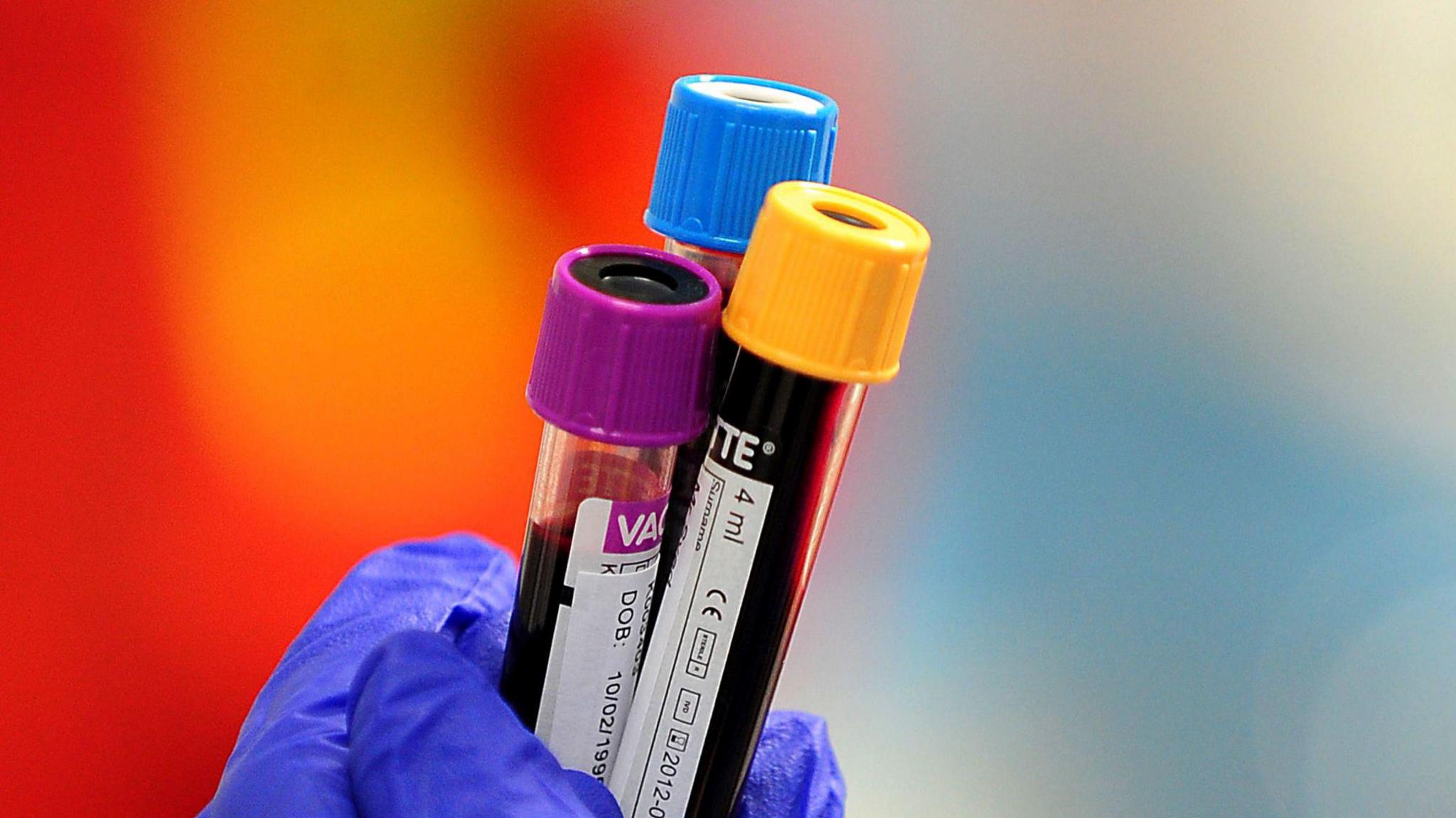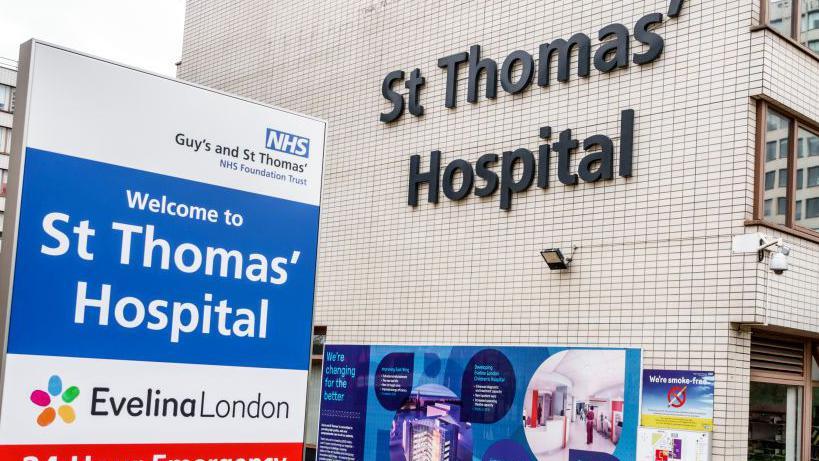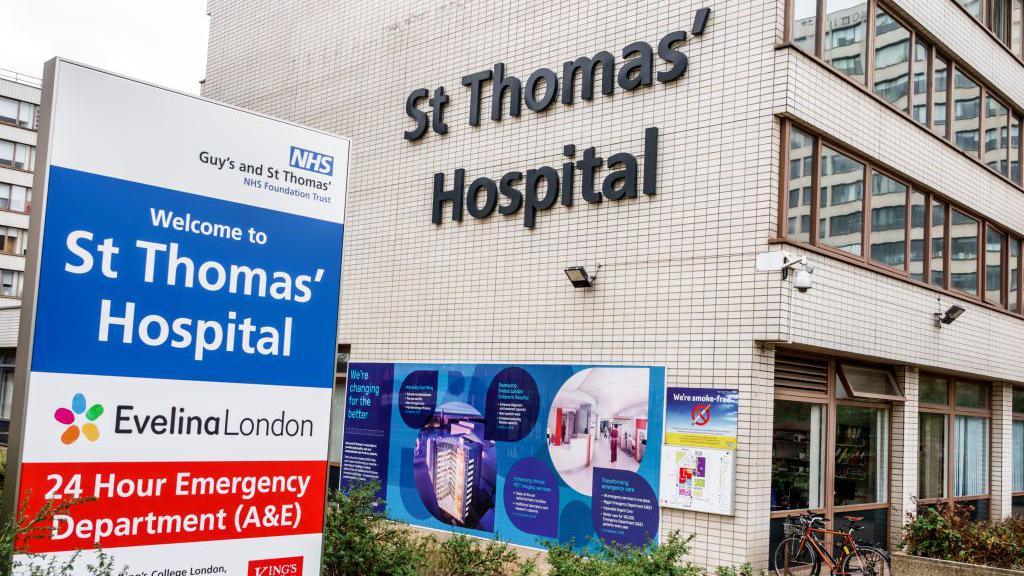Cyber attack on hospitals impacts 1,130 operations

The cyber attack on 3 June severely impacted pathology services across two trusts
- Published
More than 1,130 planned operations and 2,190 outpatient appointments have been postponed after a cyber attack hit London hospitals, it has been revealed.
The disruption was caused when hackers targeted pathology services provider Synnovis.
NHS England said two NHS trusts – King’s College Hospital NHS Foundation Trust and Guy’s and St Thomas’ NHS Foundation Trust - were affected the most.
Medical director for NHS London, Dr Chris Streather said the cyber-attack was "continuing to have a significant impact" on NHS services in south-east London.
Data released by NHS London on Thursday was the second update on the clinical impact of the ransomware cyber-attack on 3 June.
Between 10 June and 16 June, more than 1,294 outpatient appointments and 320 planned operations were postponed across King’s College Hospital NHS Foundation Trust and Guy’s and St Thomas’ NHS Foundation Trust.
So far 1,134 planned operations and 2,194 outpatient appointments have been postponed at the two trusts since 3 June.
Additionally, 46 organs were diverted for use by other trusts in the second week after the attack, compared to 18 in the first week.
NHS London declared a regional incident in response to the cyber attack and has been working to manage disruption.
BBC London health correspondent Karl Mercer said insiders predicted that it could be months before everything would be back to normal after the cyber attack, also telling him there was "no sense we are in the recovery stage".
'Distressing for patients'
Dr Streather said: "Although we are seeing some services operating at near normal levels and have seen a reduction in the number of elective procedures being postponed, the cyber-attack on Synnovis is continuing to have a significant impact on NHS services in south east London.
"Having treatment postponed is distressing for patients and their families, and I would like to apologise to any patient who has been impacted by the incident.
"Staff are continuing to work hard to re-arrange appointments and treatments as quickly as possible."
Dr Streather added that "mutual aid agreements" between NHS labs have started to have a positive impact by increasing the number of blood tests available for critical and urgent cases.
Primary care appointments are going ahead as normal, and patients can call 999 in an emergency, Dr Streather added.
Listen to the best of BBC Radio London on Sounds and follow BBC London on Facebook, external, X, external and Instagram, external. Send your story ideas to hello.bbclondon@bbc.co.uk, external
Related topics
- Published14 June 2024

- Published4 June 2024
